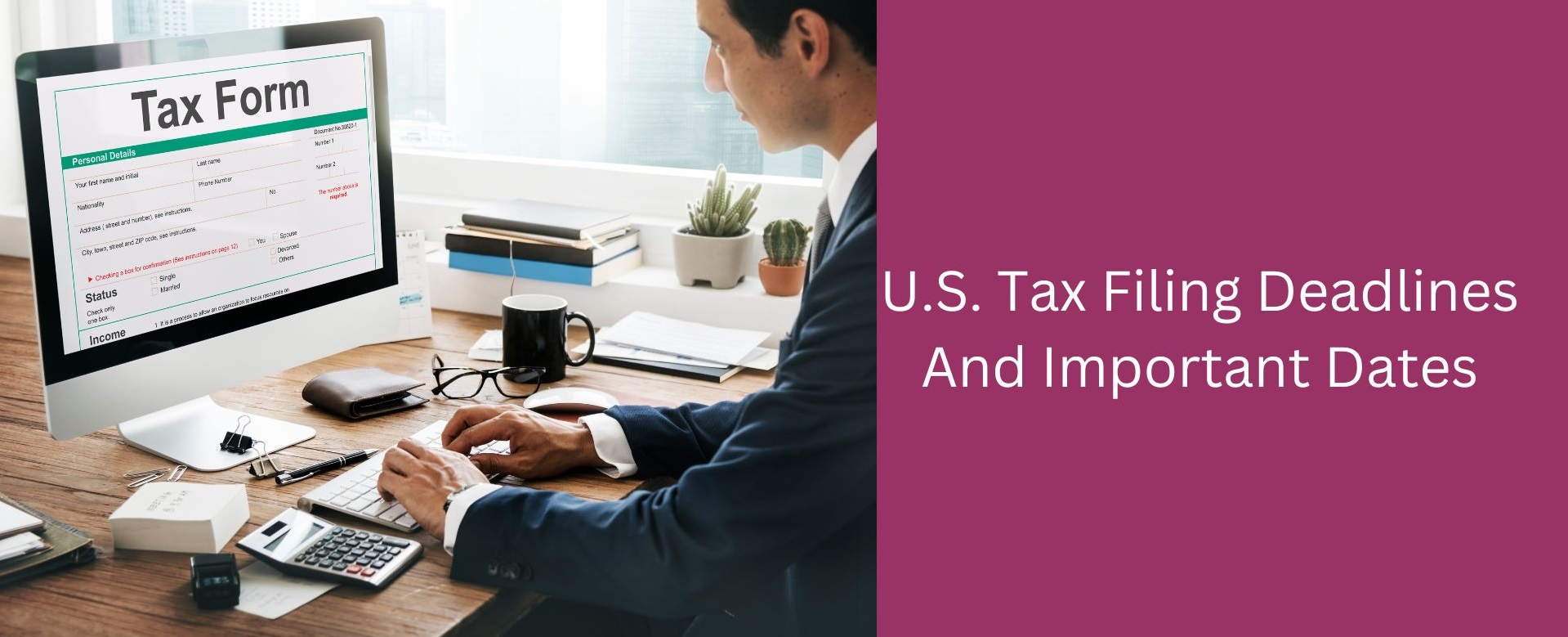
Raymond Cyrus
August 30, 2023
0 Comments

The Covid-19 epidemic had a global impact on businesses and societies. Countries suffered massive financial losses during the epidemic due to lower revenue and higher welfare expenditures.
Nobody tries to go into debt. It's one of those things that happens without your knowledge and may even feel out of your control. It is, nevertheless, possible to avoid debt. In today's complex financial web, learning efficient debt management and reduction tactics is critical.
Navigating this landscape necessitates not just a thorough awareness of one's financial situation, but also the capacity to create a wise path of action. This includes assessing various debts, creating repayment schedules, communicating with creditors, and making educated decisions regarding debt consolidation or refinancing.
Individuals may retake control of their financial health and achieve a debt-free future by digging into these tactics equipped with information and forethought. Firms with a reasonably favorable outlook are likelier to raise loan funding, indicating opportunistic investment objectives. This blog will highlight all about debt and how to manage and reduce debt with proven strategies. Keep reading!
Debt Management Demystified: A Detailed Overview
A Debt Management Plan (DMP) enables you to pay off your obligations at an affordable rate. Learn more about how it works and which debts you may use to pay down. You may also see a business advisor in USA to determine whether this is the best option to pay off or discharge your obligations.
If you have non-priority obligations such as credit or store cards, overdrafts, or personal loans, a Debt Management Plan (DMP) may be right for you. Your DMP provider will assist you in determining an affordable payment plan and communicating with your creditors. You make a single monthly payment to the DMP provider, who pays your creditors on your behalf.
A Closer Look at Debt Reduction
Debt relief is a procedure in which people's and businesses' debts are readjusted such that the borrowers receive partial or whole relief from repaying their creditors. Furthermore, it assists in reorganizing and consolidating scattered loan payments and settling them at an amount suitable for both the indebted firm and the creditor.
The method, also known as debt settlement, is regarded as one of the cheapest means of rearranging debts for the convenience of both parties concerned. They jointly agree to settle the outstanding debts for a predetermined sum. However, this debt collection strategy becomes dangerous considering the fraudsters that prey on debtors.
What are the Strategies for Debt Management and Reduction?
The debt stress may be overwhelming, and many wonder, "How can I reduce my debt?" The answer could be more straightforward, but there are specific debt-reduction measures that you may use:
We advise picking a bank and building a connection with them. A partnership in which you understand what they are searching for and they realize your specific requirements. This is especially true for entrepreneurs. Ensure your needs and financial structure match the bank's desired lending profile to ensure a good fit.
The debt snowball method comprises paying off minor bills first to make room for larger ones before proceeding. To begin, arrange each outstanding obligation in descending order of magnitude. Then, putting as much extra money into each payment as possible, try to pay off the first one first. Pay the bare minimum on the others.
A company budget should detail your sources of income, variable spending, and fixed costs, including a cash flow budget to account for planned transactions other than profit and loss, such as loan repayments, ATO responsibilities, and owner returns. A budget should assist you in developing the beneficial habit of setting aside money to pay suppliers, creditors, your landlord, the ATO, and other predictable obligations.
Budgets ensure a control system for all processes within the business. Cash budgets are no exception. They also define a predetermined amount of money that is considered over-expensed. Cash budgets guarantee that cash is efficiently handled inside the company and that expenses do not overburden available cash, which could be used for other productive purposes.
Emergency funds are critical for "just-in-case" scenarios. When attempting to construct an emergency savings plan, it is best to have at least six months of your pay saved up. This will be something to pay your expenditures if you lose your job, are injured and unable to work or require money for an unexpected but important necessity.
The operating cycle is the time it takes to generate cash from the raw materials utilized in production. A shorter operational process is usually helpful to a corporation since it enhances cash flow. Remembering that a shorter operating cycle means more full operating procedures within a year, which results in higher bottom-line profit since capital may be reinvested repeatedly to create profits.
A debt consolidation loan is a loan that pays off outstanding credit card obligations and 'consolidates' the debts into one large loan. To obtain this loan, you can approach debt consolidation lenders such as banks, credit unions, and specific financial organizations. Banks and credit unions often have the lowest debt consolidation loan interest rates.
The debt avalanche technique promotes paying off high-interest bills first. In the long term, this method saves money on interest payments. The debt avalanche strategy reduces debt faster by reducing interest payments. Allocate additional cash to the debt with the highest interest rate while making minimal payments on the others. Once the highest interest obligation has been paid off, go to the next highest, and so on.
Your creditors do not want you to become bankrupt. They know that if you declare bankruptcy, you are unlikely to pay. Consider negotiating interest rates and minimum payments, or see if the payment may be extended. Take caution while you do this. You don't want your creditors to be concerned that you could close because they won't do business with you anymore.
If you have a lot of loans with high-interest rates, each month may push you further away from financial stability. But don't be disheartened. It can be complicated, but it is feasible to manage your debt with patience and a sound plan. You may construct a more secure financial future if you are ready to analyze your money, stick to a repayment plan, modify your spending patterns, and adjust your payments.
Run Business without the Stress of Debt
Debt management may be easier if you study and follow certain general standards, such as learning effective debt reduction tactics and keeping track of your credit score and debt ratio. However, it may make sense in some circumstances to seek the help of a financial specialist for more personalized debt management strategies and recommendations.
These professionals may give a tailored assessment of your position and assist you in developing a customized strategy to meet your specific financial objectives. Reach out to Lean Business Stability for professional help today.
We provide lean business consulting methodology for businesses to thrive in this market. Our consultants are industry experts with 20+ years of experience in helping businesses in managing finances.
Did you come here for something in particular or just general Riker-bashing? And blowing into
Contact Us
10 Oct, 2023

10 Oct, 2023

9 Sep, 2023